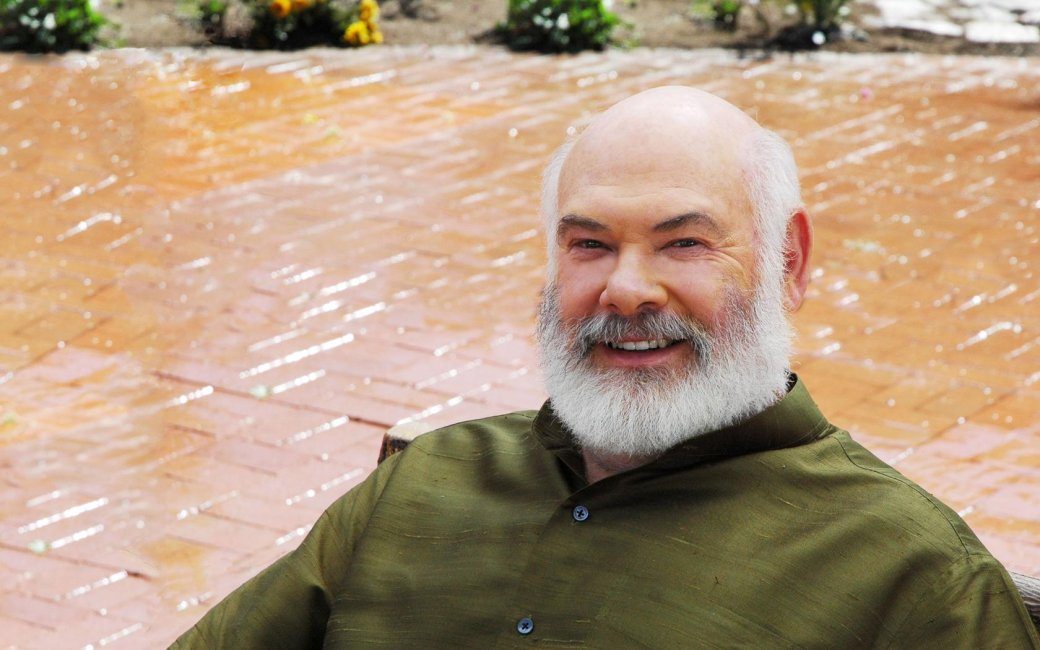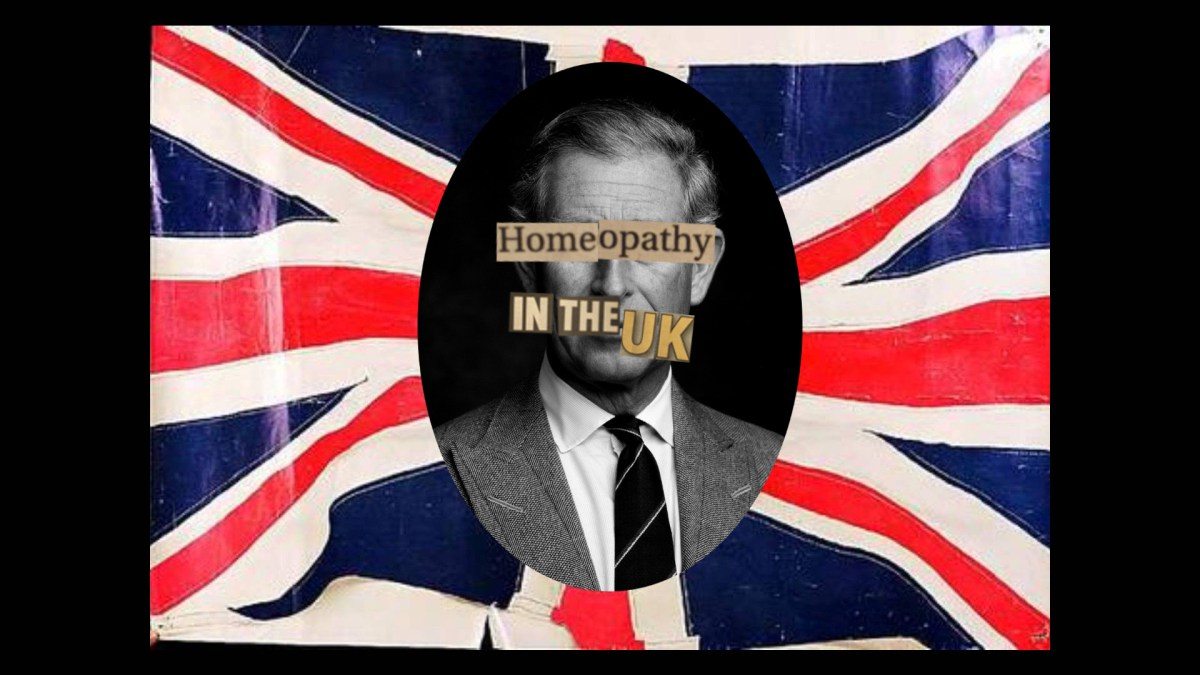Results for: provings
Lessons from History of Medical Delusions
A brief reference on the web site The Quackometer recently drew my attention to a very short book (really more of a pamphlet, in the historical sense) by Dr. Worthington Hooker, Lessons from the History of Medical Delusions, which I thought might be of interest to readers of this blog. Though published in 1850, the book contains many eloquent observations that are...
The College of Physicians and Surgeons of Ontario’s muddled draft policy on “non-allopathic” medicine
Detroit is my hometown, and three and a half years ago, after nearly twenty years away wandering between residency, graduate school, fellowship, and my first academic job, I found myself back in Detroit minted as surgical faculty at Wayne State University and practicing and doing research at the Barbara Ann Karmanos Cancer Institute. One thing that I had forgotten about while I...
Placebos as Medicine: The Ethics of Homeopathy
Is it ever ethical to provide a placebo treatment? What about when that placebo is homeopathy? Last month I blogged about the frequency of placebo prescribing by physicians. I admitted my personal discomfort, stating I’d refuse to dispense any prescription that would require me to deceive the patient. The discussion continued in the comments, where opinions seemed to range from (I’m paraphrasing) ...

Surprise, surprise! Dr. Andrew Weil doesn’t like evidence-based medicine
Dr. Andrew Weil is a rock star in the “complementary and alternative medicine” (CAM) and “integrative medicine” (IM) movement. Indeed, it can be persuasively argued that he is one of its founders, at least a founder of the its most modern iteration, and I am hard-pressed to think of anyone who did more in the early days of the CAM/IM movement, back...
Supplement Regulation: Be Careful What You Wish For
A recurring theme at SBM is the regulation of supplements, and the impact and consequences of the Dietary Supplement Health and Education Act of 1994 (DSHEA). As one of SBM’s international contributors, I thought it might be helpful to look at how the DSHEA stacks up against the equivalent regulations of its neighbor to the north, Canada. Given the multiple calls for overhauls...

Homeopathy Gets a Reality Check in the UK
The House of Commons Science and Technology Committee (STC) has released a report, Evidence Check 2: Homeopathy, in which they recommend that the NHS stop funding homeopathy. The report is a rare commodity – a thoroughly science-based political document. The committee went beyond simply stating that homeopathy does not work, and revealed impressive insight into the ethical, practical, and scientific problems caused...
Homeopathy and Sepsis
It had once been suggested in the comments section of the blog that homeopathy is useful in the treatment of diseases that are not self limited. Homeopathy is effective therapy for diseases that do not get better on their own, that homeopathy has a real effect on real diseases. One example given was for the treatment of sepsis. “Frass M, Linkesch, M,...
Homeocracy
Recent comments on homeopathy again resulted in references to the 1994 Pediatrics paper by Jacobs et al on use of homeopathic remedies for childhood diarrhrea. The authors of that paper concluded from their blinded study that homeopathic remedies, tailored to the individual infants and children, were effective in reducing the number of diarrhea stools and thus in shortening the illness. The paper...
Harvard Medical School: Veritas for Sale (Part III)
In Parts I and II of this series* we saw that from 2000 to 2002, key members of the Harvard Medical School “CAM” program, including the Director, had promoted quackery to the legislature of the Commonwealth of Massachusetts. We also saw other explicit or tacit promotions by Harvard institutions and professors, and embarrassing examples of such promotions on InteliHealth, a consumer health...

